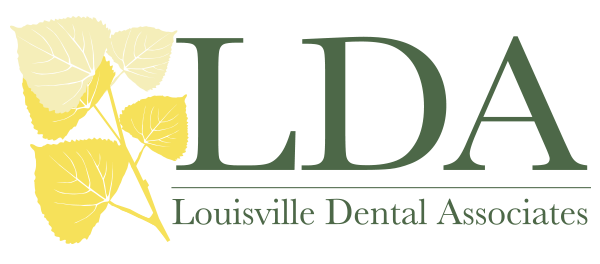Helping Your Child Avoid Common Oral Health Concerns
In order to enjoy a lifetime of healthy teeth and gums, you can never start practicing quality oral care at too young an age. Just like adults, children have a number of unique problems that can negatively affect their oral health, including thumb sucking, lip sucking, dental carries, tongue thrusting, and early tooth loss.
While it’s easy to think of baby teeth as something that will eventually be replaced, keeping baby teeth healthy is vital to a child’s oral health. When baby teeth fall out too early, it can cause crooked, crowded, or misaligned adult teeth to form, which a child must deal with for his or her lifetime. With that in mind, here are a few oral health conditions to keep in mind from you choice in dentist for kids in Louisville that common in young children.
Baby Bottle Tooth Decay
Also referred to as dental carries, baby bottle tooth decay occurs most often in children who go to sleep while feeding. The natural sugars found in formula, breast milk, and fruit juice provide bacteria in a child’s mouth with the fuel it needs to produce harmful acids that erode away tooth enamel. Over time, these acids can cause cracks to develop in a child’s baby teeth where bacteria can begin to develop, which eventually causes tooth decay and tooth loss.
Parents can avoid baby bottle tooth decay by not laying their child down at night with a bottle filled with anything but water. If your child has trouble sleeping at night without a bottle, try using a clean pacifier to easy any fussiness, instead. After you finish feeding your child from a bottle, take the time to wipe their teeth and gums with a soft, damp cloth to wipe away any lingering formula, milk, or juice. By depriving bacteria of fuel, you eliminate the amount of acid it can produce, and the damage done to the health of your child’s teeth.
Thumb Sucking
While thumb or pacifier sucking is perfectly fine for infants and babies, it can become a oral health concern if the habit continues past the age of five; the age most of a child’s permanent teeth will begin to form. Depending on the intensity, duration, and frequency of the sucking, a child can begin to push his teeth out of alignment, causing them to protrude and creating an overbite. Children who frequently suck their thumb at this age also have problems correctly pronouncing words, and occasionally develop misaligned upper and lower jaws.
When trying to get a child to stop thumb sucking, parents needs to remember that the habit generally occurs as a security mechanism, which means that use of negative reinforcement, such as nagging, scolding or punishing, is generally ineffective and could make the habit worse. To get a child to stop, try using positive reinforcement by constantly praising your child for not resuming the habit. In older children, parents should look for potential causes of thumb sucking, such as outside stressors, and attempt to correct the situation. Once a stressor is removed from a child, the habit of thumb sucking generally goes away.
Tongue Thrusting
Another bad habit similar to thumb sucking, tongue thrusting occurs when a child seals his mouth in an effort to swallow by thrusting the top of the tongue forward against his lips. This habit causes excess pressure to be placed against a child’s front teeth, which can push them out of alignment, and cause them to protrude or create an overbite. The habit can also cause a child to develop a speech impediment. If you notice your child engaging in tongue thrusting, you need to consult with our dentist to develop an appropriate treatment plan that will help your child build stronger chewing muscles and develop a better swallowing pattern.
Lip Sucking
When your child repeatedly holds her lower lip underneath their upper front teeth, she is engaging in lip sucking. This habit occasionally coincides with thumb sucking, and may result in your child developing an overbite. To help your child overcome this issue, follow the same positive reinforcement steps used to treat thumb sucking.
Visit a Dentist Early
Scheduling regular appointments with one of our dentists is one of the best ways to ensure your child doesn’t suffer from any of these common oral health problems. The American Academy of Pediatric Dentists recommends that parents begin taking their children to the dentist by their first birthday. By scheduling appointments early, our dentists will be able to spot and prevent the early symptoms of any oral problems.

